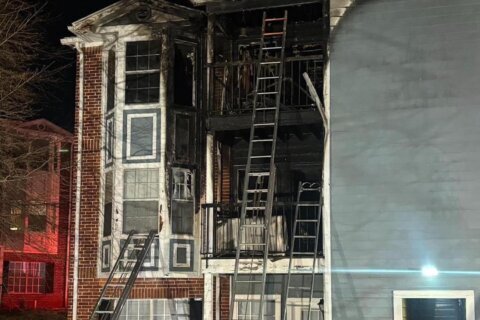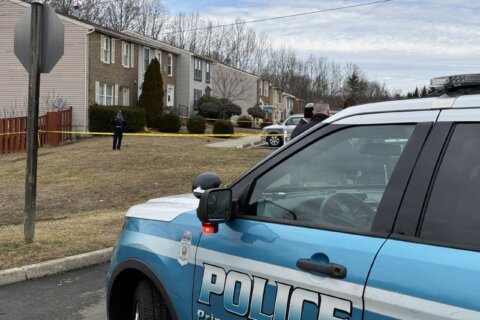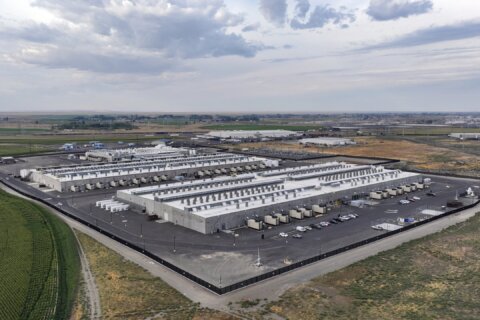This article was republished with permission from WTOP’s news partner InsideNoVa.com. Sign up for InsideNoVa.com’s free email subscription today.
This article was written by WTOP’s news partner InsideNoVa.com and republished with permission. Sign up for InsideNoVa.com’s free email subscription today.
Prince William County planners are trying to ease regulations to support solar projects.
The Planning Commission received a report on the county’s solar panel approval process and planned regulations during a work session Wednesday.
Development Services Director Wade Hugh said the county approved only 14 residential solar projects in 2016, but has seen requests quickly increase since then. In 2019, 253 projects were approved, with the number unexpectedly dropping to 110 in 2020, probably caused by the COVID-19 pandemic.
“We are definitely seeing the upward trend of workload coming in,” Hugh said.
In November, the Board of Supervisors adopted the Metropolitan Washington Council of Governments’ interim climate mitigation goals, joining other Northern Virginia jurisdictions in aiming for a 50% reduction in greenhouse gas emissions by 2030 and 100% renewable electricity by the same year.
Hugh said the county has been working with the Maryland-DC-Delaware-Virginia Solar Energy Industries Association to discuss possible incentives, fast-track permitting and solar-friendly regulations.
The industry association recommended the county develop an online building permit application process, which Hugh said was implemented in January.
The association also recommended reducing the building plan review process and helping industry groups better understand the inspection process. Hugh said the latter recommendation has been difficult with fewer in-person interactions between county staff and customers.
Hugh said the county is planning to review and update its solar energy policies, guidelines and design standards.
The association is asking the county to reduce or waive fees for residential solar energy projects. Hugh said that, according to the industry group, the average fee is $200 to $300. Hugh said Prince William’s fees are in the $800 range.
Hugh said the next step in the process is creating a team to review building development policies, guidelines and design standards.
Commissioners said the process should involve input from county residents. The panel also asked county staff to determine how much revenue the county would lose if it waived or reduced fees for solar projects.
Karen Sheehan, director of the Coalition to Protect Prince William County, told the panel that removing cost barriers and offering incentives would be essential to expanding solar throughout the county. Sheehan called for a streamlined inspection and review process, along with incentives for installing solar systems and lower permitting costs.
“If this county is going to be successful with solar installations, you’re going to have to depend on residential solar,” she said. “Solar isn’t cheap yet. The costs are coming down, but it’s not cheap.”







